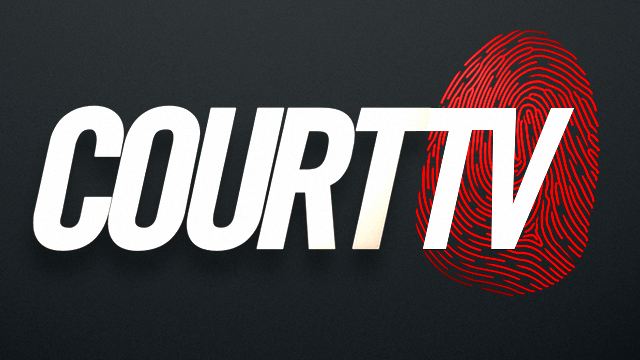Hire a Prison Consultant with
OVER 20 YEARS EXPERIENCE
We've helped over
Clients
Return to their families as quickly and safely as possible.
Alright, let’s dig into the murky waters of public corruption, where the guys and gals in suits might pocket a little more than just their salaries. This isn’t just about someone dipping into the cookie jar; it’s about undermining democracy, betraying public trust, and messing up the fair delivery of public services.
Public Corruption: The Basics Public corruption is the big bad wolf in the world of governance. It happens when those in power—think federal, state, or local officials—get tangled up in shady deals, from taking bribes to fudging the books or twisting their powers for a bit of personal gain. It’s not just about cash changing hands in dark alleys; it’s about making decisions that should be for the public good but end up lining private pockets instead.
The Legal Eagle Stuff: Uncle Sam’s got a whole arsenal of laws to combat public corruption:
- 18 U.S.C. § 201 (Bribery of Public Officials): This one’s straightforward—don’t pass go, don’t collect $200, don’t bribe a public official.
- 18 U.S.C. § 641 (Public Money, Property, or Records): Hands off the public coffers! This statute makes it a no-no to pilfer from the pot.
- 18 U.S.C. § 1951 (Hobbs Act – Extortion by Public Officials): This law targets officials shaking down folks for a piece of the action, using their position to extort.
- 18 U.S.C. § 666 (Theft or Bribery in Federally Funded Programs): If you’re messing around with federal funds, think twice. This one’s for those siphoning or slipping bribes in programs flush with federal dollars.
Who Hunts Down These Crooks? Catching these slick operators often involves:
- FBI’s Public Corruption Unit: These are the big guns who step in when things smell fishy in the corridors of power.
- Department of Justice’s Public Integrity Section: These folks are like the special ops of corruption cases, dealing with the bad seeds among public officials.
- Office of the Inspector General: Nearly every federal agency has one, and they’re the internal watchdogs keeping an eye out for any funny business.
What’s the Damage? Getting nabbed for public corruption isn’t a slap on the wrist. It’s heavy-duty time. Penalties can pack a punch with hefty fines and a long vacation behind bars, up to 15 years or more, depending on how deep the corruption goes.
So, What’s the Play? Caught in the crosshairs of a public corruption charge? This is where Wall Street Prison Consultants come into play. They’re the folks you call when you need to navigate the stormy seas of the legal system. They can help you figure out whether to fight the charges or cut a deal, help prep you for the possibility of doing time, and work out strategies to minimize the fallout.
Bottom line? Public corruption is a high-stakes game that can cost you more than just your reputation. If you’re in this mess, better call in the big guns to help steer you clear.






